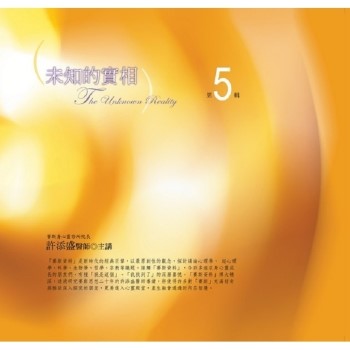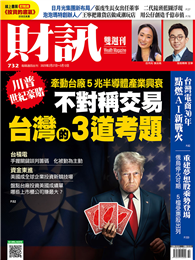Examining the pasts, evolving meanings, and silenced histories surrounding public monuments
This
volume examines many different public monuments to increase
understanding of the cultural factors that have shaped their creation,
maintenance, and--in some cases--removal. The role of monuments in
communities and society continues to be an important and controversial
topic, and the case studies in this volume contribute to this
conversation by assessing the ways such markers can be empowering or
marginalizing from a wide range of perspectives.
The
monuments discussed here represent historical events from the
Revolutionary War through the Korean War, including the "slave auction
block" formerly located on the streets of Fredericksburg, Virginia;
memorials to Confederate soldiers across the South and in northern POW
cemeteries; and the Pullman National Monument in Chicago for workers who
participated in the 1894 Pullman Strike. This volume also highlights
the dearth of statues memorializing the achievements of women and
minorities, especially women of color, and contributors discuss whether
recent movements advocating for more inclusive histories will lead to an
increase in monuments honoring people whose narratives have been
suppressed.
Looking at the powerful role of monuments in conveying the memory of history to future generations, the contributors to Monuments and Memory
show why it is important to address the messages of these sites and ask
whose histories they may be silencing. This book demonstrates how
conversations surrounding preservation and interpretation of monuments
encourage community involvement.
A volume in the series Cultural Heritage Studies, edited by Katherine Hayes
Cianciosi Joshua Butchko Diane Wallman Suzanne Spencer-Wood Sherene
Baugher Lu Ann De Cunzo John H. Jameson Jeffrey Smith Hilary Green Brant
Venables Timo Ylimaunu Paul R. Mullins Kerri Barile Harold Mytum Melissa
Ziobro M. Jay Stottman Levi Fox Matthew Litteral












